Is the Microblaze soft cpu better than the Cortex M3 soft cpu in terms of functionality?
Given all the buzz about the ARM based processors, I was wondering if to implement an ARM processor on my FPGA or if I should stick to the Microblaze that comes with it.
Is there any major difference in terms of performance or functionality that I should consider?

